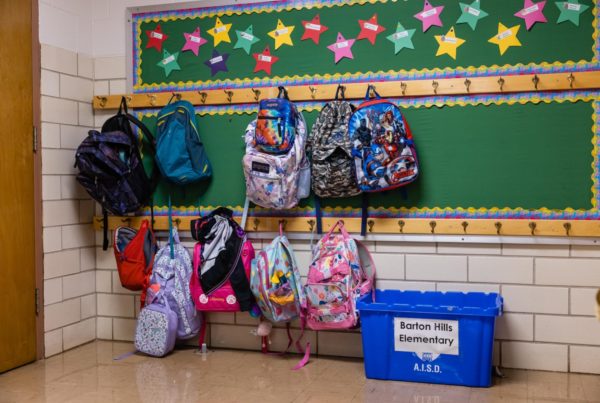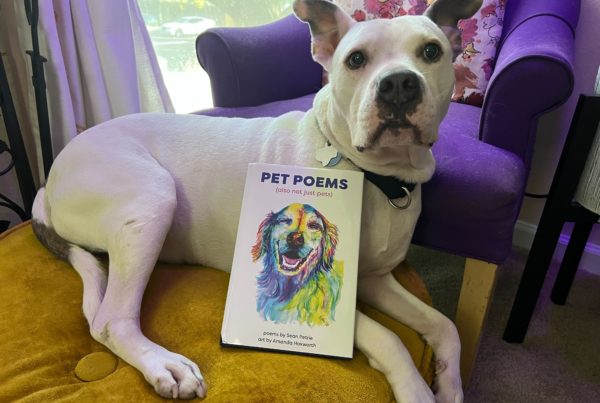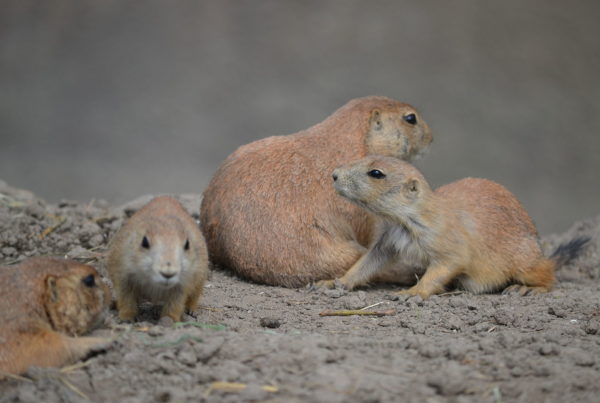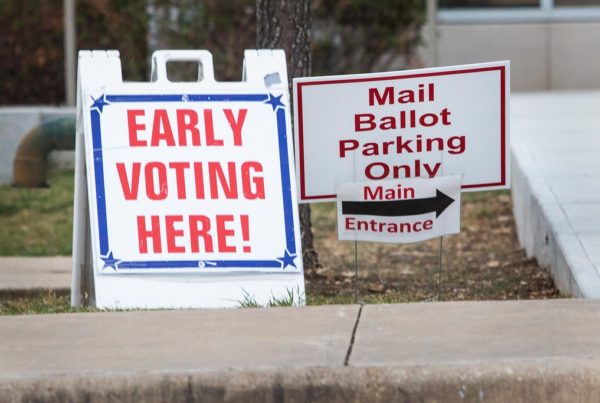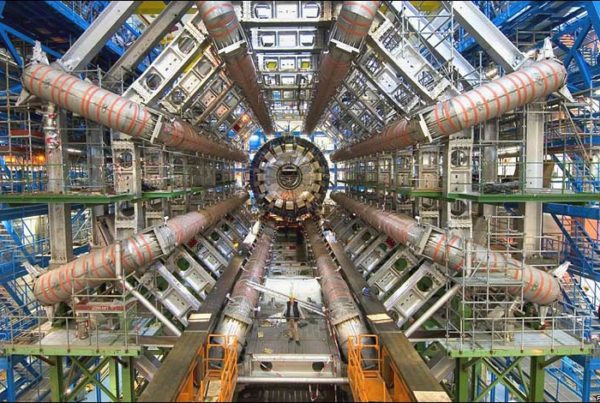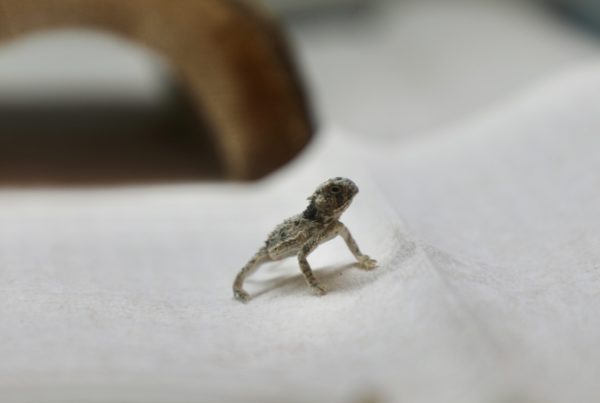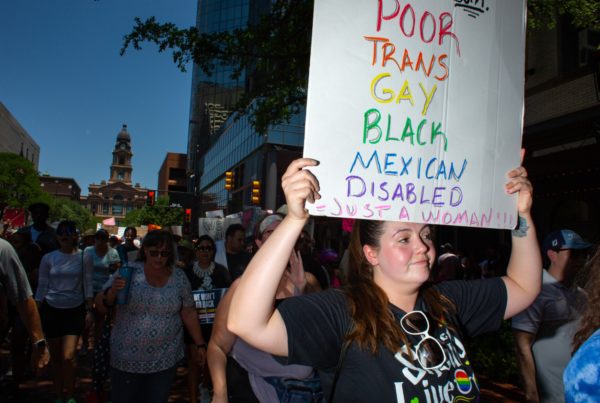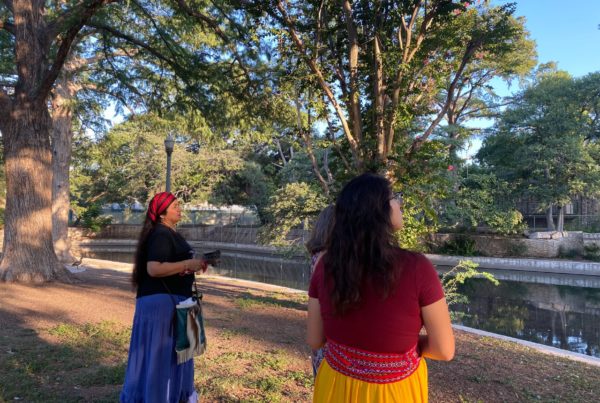The Texas Supreme Court’s ruling late Friday that the state can enforce its 1925 abortion ban has once again effectively halted abortions in the state even before Texas’ trigger law is set to go into effect.
Many in Texas and beyond have been talking about how and to what extent the abortion issue – as well as gun safety following the Uvalde shooting – could affect political races in a big election year. In Texas, many statewide seats are up for grabs, but Republican Gov. Greg Abbott may be in an especially precarious place politically.
Mark Jones – professor of political science at the James A. Baker Institute for Public Policy, and the faculty director of the Master of Global Affairs Program at Rice University – joined Texas Standard to share more about the governor’s race.
This transcript has been edited lightly for clarity:
Texas Standard: Let’s talk a little bit about what the governor is facing, because it’s not just the reaction to the Supreme Court’s Dobbs decision that overturned Roe; there was also the Uvalde shooting that left 19 children and two teachers dead. There have been a lot of calls for the state to do more; so far, there’s been a lot of talk around it, but people looking for more specific action. What’s your take on how this is affecting the way things are looking come November?
Mark Jones: Well, these are two issues that are negatives for Governor Abbott. He was hoping to base his campaign on a combination of campaigning against the Biden administration – taking advantage of the poor economic conditions associated with the Biden administration – and then focusing on immigration. The Uvalde massacre, as well as the Dobbs decision, have opened up two potential message points for [Democratic challenger] Beto O’Rourke, where Beto can position himself with the average Texas voter. And that’s especially the case on the Dobbs decision.
The Texas Tribune’s Patrick Svitek reported that even as the national environment does not look good for Democrats going into November, O’Rourke’s campaign has been able to keep the race competitive in Texas. A Quinnipiac poll last month showed O’Rourke trailing Abbott by 5 points. That has closed the gap considerably, if you believe that snapshot says something about November. How do you see it?
I think Beto has closed the gap a little bit in that we were maybe in the 10- to 12-point range [behind Abbott], and Uvalde and the Dobbs decision maybe brought it down to the high single digits. But it’s a far cry from being at the high single digits to actually defeating the governor.
It’s still going to be a very uphill struggle for Beto O’Rourke. But the Uvalde massacre and the Dobbs decision have provided him with potential openings to reach out to voters, to convince those who otherwise would have voted Republican to vote Democratic, and perhaps more importantly, to mobilize voters who might not have turned out to vote, but who might turn out to vote based on either the Dobbs decision or the Uvalde massacre.
When voter turnout comes up, especially in the context of issues like abortion and gun safety, a lot of folks turn to what might be happening in the suburbs. Is that your take on where a lot of this is going to play out?
Well, I think two groups. One is among Anglo women, who are a large group in the suburbs, how they are going to turn out to vote – and if they do turn out, are they going to vote Republican, as they normally have by about a two-thirds to one -third margin? Or are we going to see more Democratic votes? Beto clearly hopes for the latter.
I think another area where Beto hopes he can mobilize turnout is among younger women, millennials and Generation Z, who in most elections, especially midterms, turn out in extremely low numbers. He’s hoping that these two issues might allow him to mobilize those individuals to turn out in large numbers. And when younger voters turn out to vote, they vote Democratic far more than they vote Republican.
I guess the question is whether some of the passions that we’ve seen in protests most recently, both in Texas and across the nation, might actually carry over to Election Day. Does it typically?
We’re still a ways away from the November election. And we’re also in a state where Greg Abbott starts off with a pretty large advantage: Generally, Republicans statewide start off with an 8- to 10-point advantage. And we have a Biden administration under which we’re experiencing inflation rates that we haven’t seen since the 80s. So it’s going to be a real hard struggle for Beto to close the gap.
I think the Dobbs decision is going to be far more consequential in a small number of Senate races that will determine which party controls the Senate in November. In places like New Hampshire, Nevada, Pennsylvania – those are races, I think, that are going to be far more likely to be influenced in terms of who wins or who loses by the Dobbs decision rather than Texas.
Right now, I think it’s still a bridge too far for Beto to close the gap enough to actually defeat Greg Abbott, especially since Abbott has over $50 million in his campaign war chest and will be inundating the airwaves and digital waves with anti-Beto ads and pro-Abbott ads.




